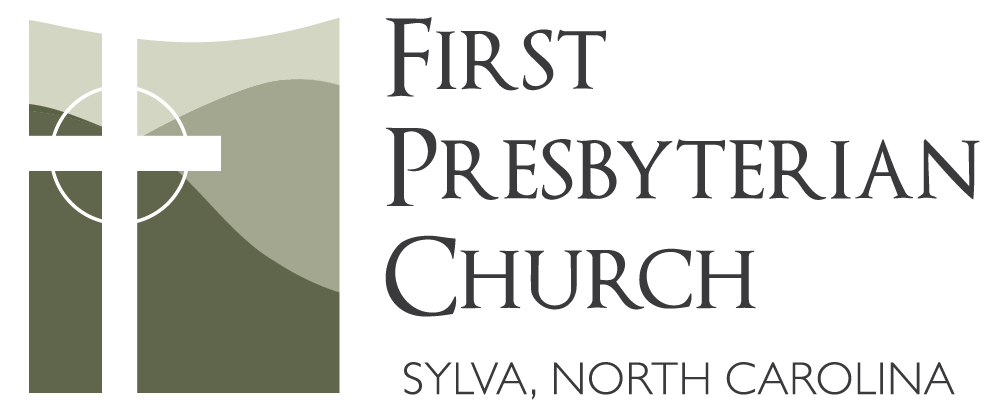This Sunday, April 5, is Palm Sunday and the beginning of Holy Week. It’s also Communion Sunday. Ordinarily, on the first Sunday of the month, we share in the Lord’s Supper together as part of our corporate worship. This isn’t just a nice add-on to our normal order of service, but it’s part and parcel of our worship of the Triune God. Indeed, we Presbyterians believe that the Lord’s Supper is a sacrament: an outward sign of an inward grace that has been instituted by Christ himself. So we do not take it lightly.
In the Lord’s Supper, we come more deeply into a relationship with Jesus by the power of his Spirit. We give thanks for his historic sacrifice on our behalf. We rejoice in his real presence among us and within us. We look ahead in hope to the great banquet table that he will set for us in his coming kingdom. All of this is happening when I break a simple loaf of bread and pour out a simple cup of juice and when we share that meal together, as the body of Christ.
And yet. Due to our current circumstances, we are suspending all corporate worship services at First Presbyterian Church — which includes the celebration of the Lord’s Supper. As before, this decision did not come easily, and it grieves me even now. Couldn’t we find some other way to share in this sacred meal? What about curbside “drive-thru” communion? What about virtual communion, using today’s live-stream technology? Many faithful Christians are taking these approaches, albeit in different and creative ways — but ultimately they did not seem to fit our life together. Instead, I want to invite you to observe what one pastor calls “spiritual communion.”
In a thoughtful article written by Anglican pastor Jonathan Warren, we are reminded that the church throughout the centuries has often faced obstacles to her corporate worship practices. (Some of you have read Liturgy of the Ordinary by Tish Harrison Warren; Jonathan is her husband.) Times of plague and disease, not to mention war and oppression, have kept Christians from gathering and celebrating the sacraments as they might desire. “In these circumstances,” Warren says, “the church has reached for the practice of spiritual communion — that is, meditating upon the sacrament and cultivating an ardent desire for it, asking Jesus to be present to you as he is in the sacrament, even while you are unable to receive it.”
Such spiritual communion is, of course, not ideal. Like so many things in our world today, it is a concession, a temporary solution to our current predicament. But I am heartened to know there are many Christians the world over who are following this same practice, and I want to invite us as a congregation to do the same. So in the suspension of the sacrament of the Lord’s Supper, what do we do? Following Warren:
We reaffirm the centrality of gathered worship in word and sacrament.
We grow in our passionate desire to receive Christ in the sacrament.
We lament until we can gather publicly again to receive him and confess him together once more.
We will still be posting worship resources each and every Sunday morning at www.sylvapres.org. I encourage you to use these resources to nurture your relationship with God and his church. And in the meantime, may this season be for us a true wilderness experience, so that as we hunger and yearn for those things which we once took for granted, we can discover Christ sustaining us all the more.
With you in the wilderness,
Blake



